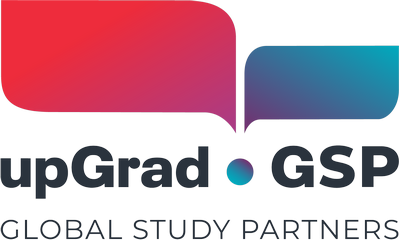Once merely thought of as a recurring theme in utopian sci-fi stories, artificial intelligence (AI) is now integral to the operations of industries across the globe. With the industry expected to grow steadily in the coming years, the AI profession is now one of the hottest careers to date — not to mention the handsome paychecks. If your students are thinking about choosing an AI program for their higher education degree, here are some valuable bits of information on how AI professionals are faring today.
According to the results of a survey conducted by O’Reilly’s Data and AI’s Newsletter, the average salary for data and AI professionals in the United States and the United Kingdom is around $146,000. The average compensation was highest in California ($176,000), followed by Eastern Seaboard states like New York and Massachusetts.
The average change in compensation over the last three years was $9,252. This corresponds to an annual increase of 2.25%. However, 8% of the correspondents reported decreased compensation, and 18% reported no change.
Upsettingly, however, compensation for women was significantly lower than for men by 84%. Women’s salaries were lower regardless of education or job title, which is especially odd considering the fact that women were more likely than men to have advanced degrees, particularly PhDs.
The number of AI PhD graduates entering academia after finishing their studies has remained more or less the same for the past decade, while more and more graduates are being absorbed by the industry. The share of new AI PhD graduates in North America who chose industry jobs increased by 48% from 2010 to 2019, according to the Artificial Intelligence Index Report of 2021. By contrast, the share of new AI PhDs entering academia dropped by 44%, from 42.1% in 2010 to 23.7% in 2019.
The same survey by O’Reilly’s Data and AI’s Newsletter found that many respondents acquired certifications. Cloud certifications, specifically in AWS and Microsoft Azure, were most strongly associated with salary increases.
Most of the respondents in the survey underwent training of some form, usually to learn new skills and improve old ones, though some respondents also pointed to employability and job security as factors. Company-provided training opportunities were most strongly associated with pay increases.
AI is now used by countries, companies, and institutions all across the world to solve a wide variety of business, economic, and social problems, but Macro Polo’s Global AI Talent Tracker has found that the United States leads over other countries in top-tier AI research, with almost 60% of researchers working for American universities and companies. The United States is highly attractive to international talent, with over two-thirds of the top-tier AI researchers working in the United States having received undergraduate degrees in other countries. Over half (53%) of all the top-tier AI researchers are actually immigrants or foreign nationals, now working in a different country from where they received their undergraduate degrees.
Whereas the US is the top work destination for top-tier researchers, China is the largest source, with 29% of America’s researchers having received undergraduate degrees in China. The majority of those Chinese researchers (56%) go on to study, work, and live in the United States.

Australia, USA, UK, Ireland, Vietnam, Philippines, Cambodia, Indonesia, Nepal, India, Pakistan, Sri Lanka, Bangladesh, Brazil, Mexico, Peru, Colombia, Nigeria, Ghana, Kenya, Turkey, Taiwan, South Korea and growing…
Contact Us
An upgrad GSP expert will reach out to discuss your needs.